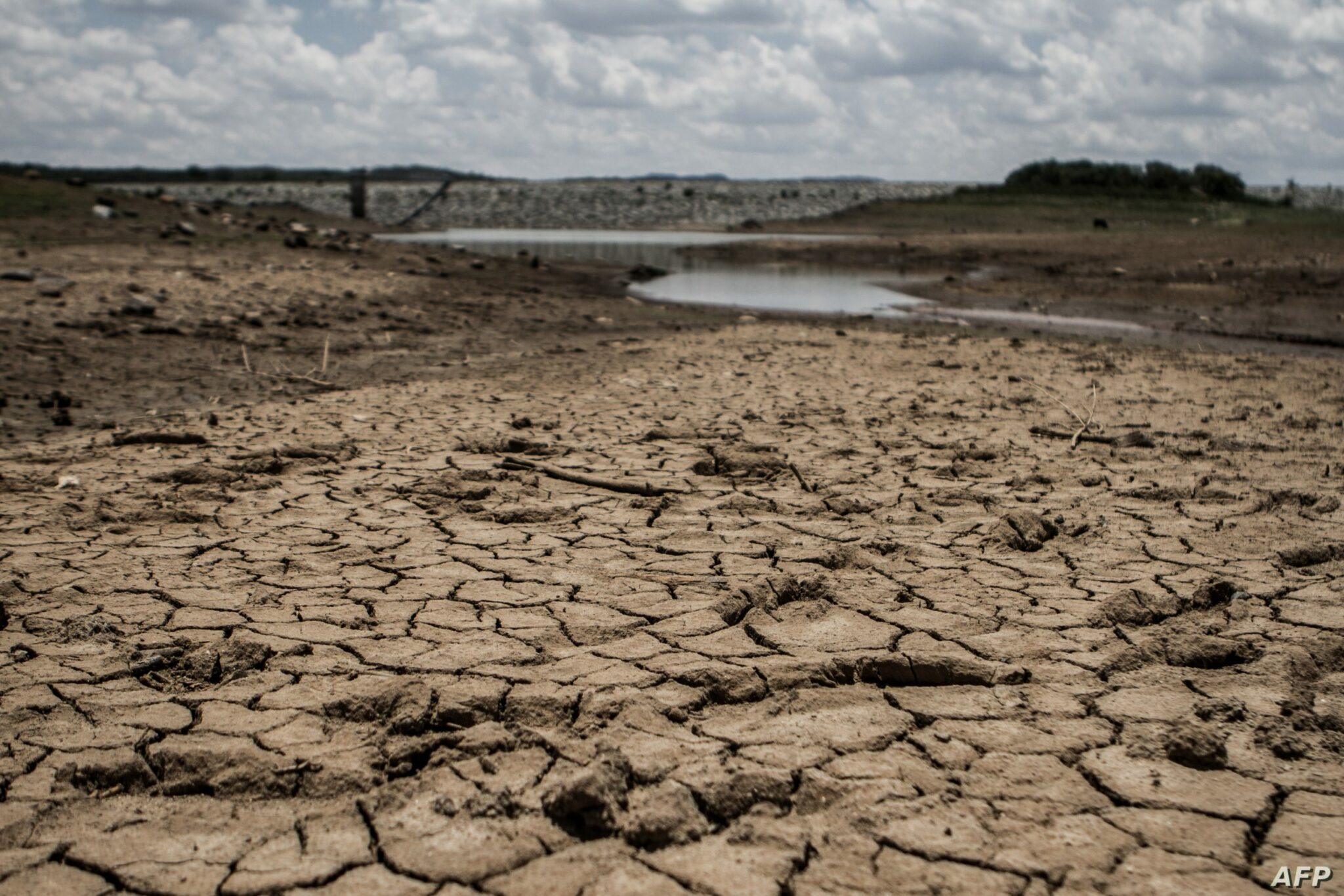By Thembelihle Mhlanga
Climate change has become a prick on human life in Zimbabwe’s drought-prone region of Matabeleland with a number of dams having since silted while others have burst, leading to the scarcity of water needed by communities in their day to day activities.
Gwanda District in Matabeleland South falls under farming region 5B which is characterised by extreme drought caused by low rainfall of below average, and thus water harvesting is a very important aspect of life as saving the precious liquid results in general water security amongst the villagers.
However, this is not the case with southern region water holding infrastructure as many dams are severely damaged, leaving communities vulnerable.
Dams in Matabeleland region have been severely affected by siltation, further contributing to the collapse of dam walls resulting in loss of the precious liquid.
A Village Development Committee (VDCO) member for Kafusi Village in Ward 19, Mr Mlimisi Kokobele said many local dams have burst with some having silted, in the process reducing their water-holding capacities.
Matabeleland North is also facing similar challenges.
Provincial Affairs and Devolution for the province, Richard Moyo, said they were also faced with a challenge of siltation and collapsed dam walls leading to grave water deficit in the region.
“The issue of dams in the region is a serious one and this has a serious negative impact on the populace in the region as water is life”, said Moyo.
He however attributed the whole problem to climate change with rainfall patterns having changed and dams accumulating mud, leading to them giving in to water pressure and eventually collapsing.
Women in most cases bear the brunt of climate change-induced problems such as the shortage of water.
Women Affairs Minister, Sithembiso Nyoni said water problems caused by silted dams had a major bearing on women, particularly rural women who are forced to travel long distances in search of water.
“Water problem has a serious bearing on female members of the family as she has to provide for the family and water being the first ingredient of the family`s needs, the woman has to see to it that there is enough of it for the family,” said Nyoni.
“However, if dams dry up early, she has to compete with livestock to get water.”
She said something should be done to address the crisis and bring relief to communities.
A retired water engineer based in Gwanda, Mr Mandlenkosi Tshalibe, said most country dams were constructed long before there were pronounced climatic changes.
“The dam wall is constructed in such a way that the foundation is stronger and it gets weaker as it goes up, so with these tropical cyclones the pressure that the water flows into dam is high and considering the high-level basement of dam beds, the walls give in leading to it collapsing forcing all water out,” said Tshalibe.
Small-scale farmers in Matabeleland continue to struggle with erratic rainfall which results in failure of rain fed agriculture in two out of three years on average.
Small dams therefore play a crucial role in small-scale irrigation, livestock watering and water supply.
In the 1990s a successful programme of small dam construction was implemented in Matabeleland South. However, since 2000, virtually no dams have been constructed and existing dams have not been adequately maintained resulting in them silting or collapsing.
Some of the dams that have silted are Tuli dam in Gwanda, Shangani-Jotsholo dam in Lupane and Tshongokwe Dam also in Lupane, leading to the suspension of irrigation activities during winter.

